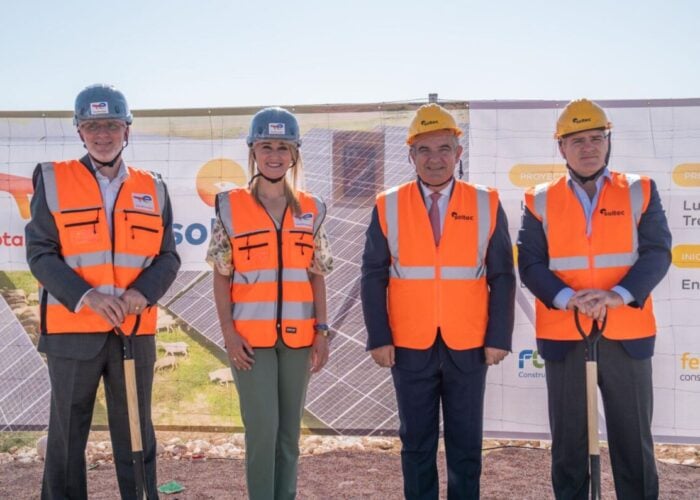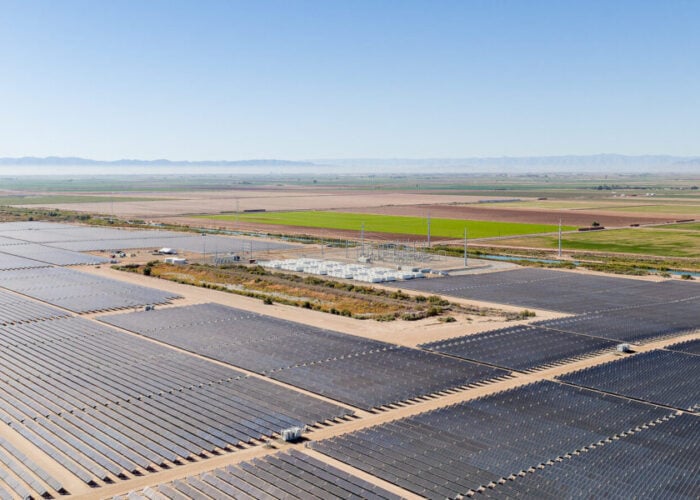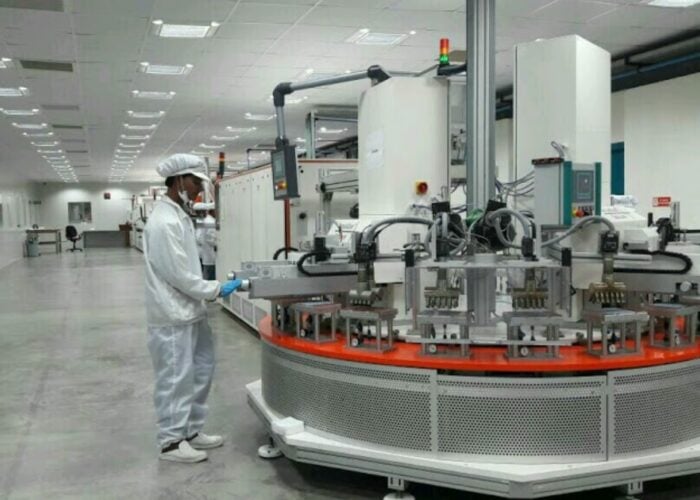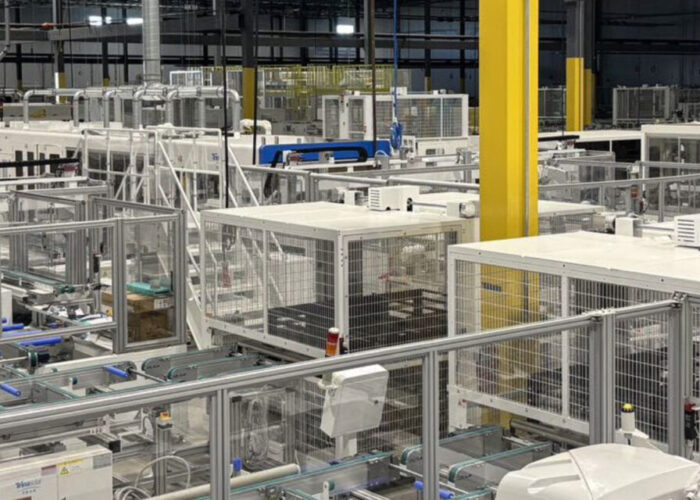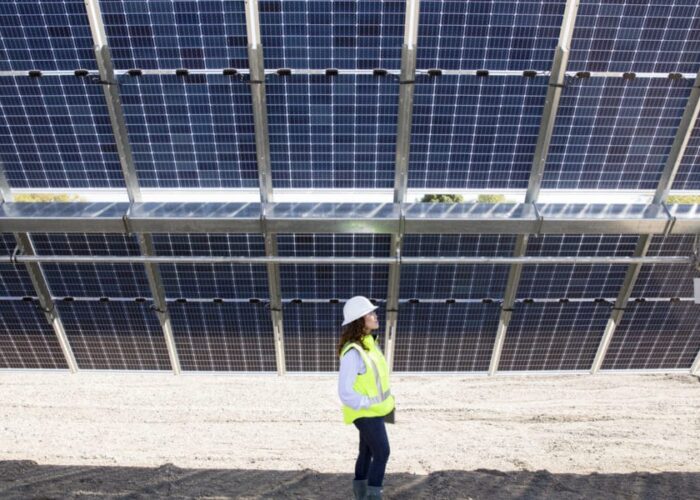
Solar contractor iSun’s pre-tax earnings fell further at the start of 2021 compared to the same period last year, while its gross margin took a hit due to project delays brought on by COVID-19.
EBITDA for the first three months of the year stood at -US$1.4 million, down from -US$340,000 during the first quarter of 2020.
Unlock unlimited access for 12 whole months of distinctive global analysis
Photovoltaics International is now included.
- Regular insight and analysis of the industry’s biggest developments
- In-depth interviews with the industry’s leading figures
- Unlimited digital access to the PV Tech Power journal catalogue
- Unlimited digital access to the Photovoltaics International journal catalogue
- Access to more than 1,000 technical papers
- Discounts on Solar Media’s portfolio of events, in-person and virtual
Gross margin, likewise was 1.6% in the three months ended March 31, 2021 compared to 7.9% year-on-year. This, the company said, was driven by a “significant material issue” on one of the company’s sites, which resulted in additional modifications and higher construction costs.
Additionally, the restrictions on working and movement caused some job sites to shut down.
However, Jeffrey Peck, iSun’s chairman and CEO, said that despite the impact of COVID-19, demand for more solar capacity “remains robust” and the company will continue to focus on its expansion across the US.
iSun, which changed its name from Peck when in acquired iSun Energy at the start of the year, entered the utility-scale engineering, procurement and construction (EPC) business last month by acquiring the intellectual property rights of solar company Oakwood Construction Services. iSun Energy’s products include solar canopies for EV charging as well as smart benches for urban areas, and will be made available to Peck’s current and future client base.
The addition of new contracts and bringing iSun Energy’s portfolio into the business and breaking into utility-scale solar helped the company to boost its first quarter revenues by 82.2% to US$7.3 million. However, it also reported a net loss of US$3.1 million in the same period, compared to a US$800,000 net loss from Q1 2020. Peck said the company’s US$20 million cash balance gives it “flexibility” to continue expanding its presence in the US.

